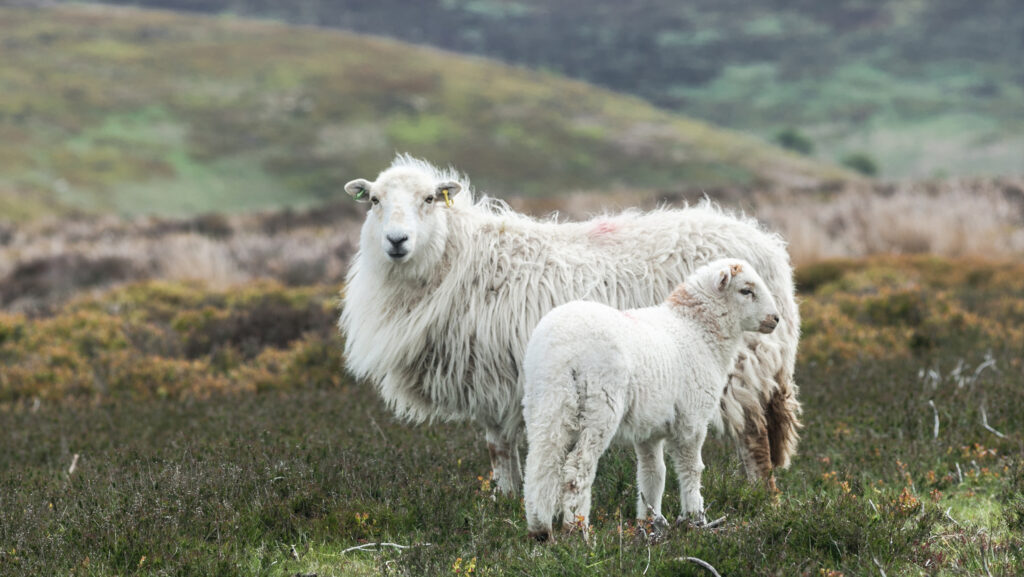Opinion: Welsh bluetongue hard border appears futile
 © Adobe Stock
© Adobe Stock There is something almost regal about Wales’s deputy first minister Huw Irranca-Davies – tall, distinguished-looking beard, worldly wise facial expression…
His decision to hold a bluetongue “roundtable” in early June also smacks of King Arthur, though his subsequent decision to impose a “hard border” with England to try to keep the disease out is more akin to King Canute.
See also: Welsh bluetongue border policy sparks industry concerns
Currently, the bluetongue restricted zone (RZ) in England covers the eastern half of the country, plus some northern counties. Live animals moving from these regions into border counties such as Gloucestershire, Herefordshire, Shropshire and Cheshire have to be tested and shown to be bluetongue-free.
But that is all set to change, with a single RZ being introduced in England from 1 July. Thereafter, ruminants will be free to move round the whole country without pre-movement testing, effectively ending the four-county “buffer” between England and Wales.
Mr Irranca-Davies accepts he “cannot keep the disease out forever”.
“But at the same time, I cannot invite bluetongue into Wales on 1 July through aligning with the RZ in England,” he said. “My decision is to attempt to hold back the disease for as long as we can.”
Part of his rationale is to give Wales more time “to monitor the effects of bluetongue in livestock-dense areas of England”. But there are serious doubts about how much time he might have.
Experience shows that midges – the primary vector of bluetongue – don’t hang about when spreading the disease. The English Channel did not prove much of an obstacle last year. Offa’s Dyke will represent even less of a hurdle. One puff of wind from the east, and the disease will be in Wales.
Erecting a “hard border” seems futile, and it will come at a very high cost. Most estimates put the price of pre-movement tests at £60-£70 per animal – a cost that, from 1 July, will fall entirely on farmers.
Given the huge volumes that traditionally cross the border into Wales – more than 100,000 animals a year from Hereford market alone, according to the Livestock Auctioneers Association – the sums of money involved would run into the millions.
With the main breeding sheep sales approaching, it is likely many producers will simply not bother to incur these costs – except perhaps on their most valuable animals – and will look elsewhere.
Questions have also been raised about the capacity of the UK’s only laboratory able to perform the tests – the Pirbright Institute – to actually complete them on time, should farmers elect to send in samples in the first place.
Either way, there is little doubt that the whole process will be hugely disruptive, especially the paperwork involved in issuing cross-border movement licences, and the need to establish designated abattoirs for animals going to slaughter in Wales.
These points were made repeatedly to Mr Irranca-Davies at the recent roundtable – by farmers, by auctioneers and by meat processors. They seem to have fallen on deaf ears. He says his decision to go for a hard border takes into account “differing views” about the future approach to bluetongue control in Wales.
If that is the case, it seems to be that the Welsh government has one view, and everybody else has another.

